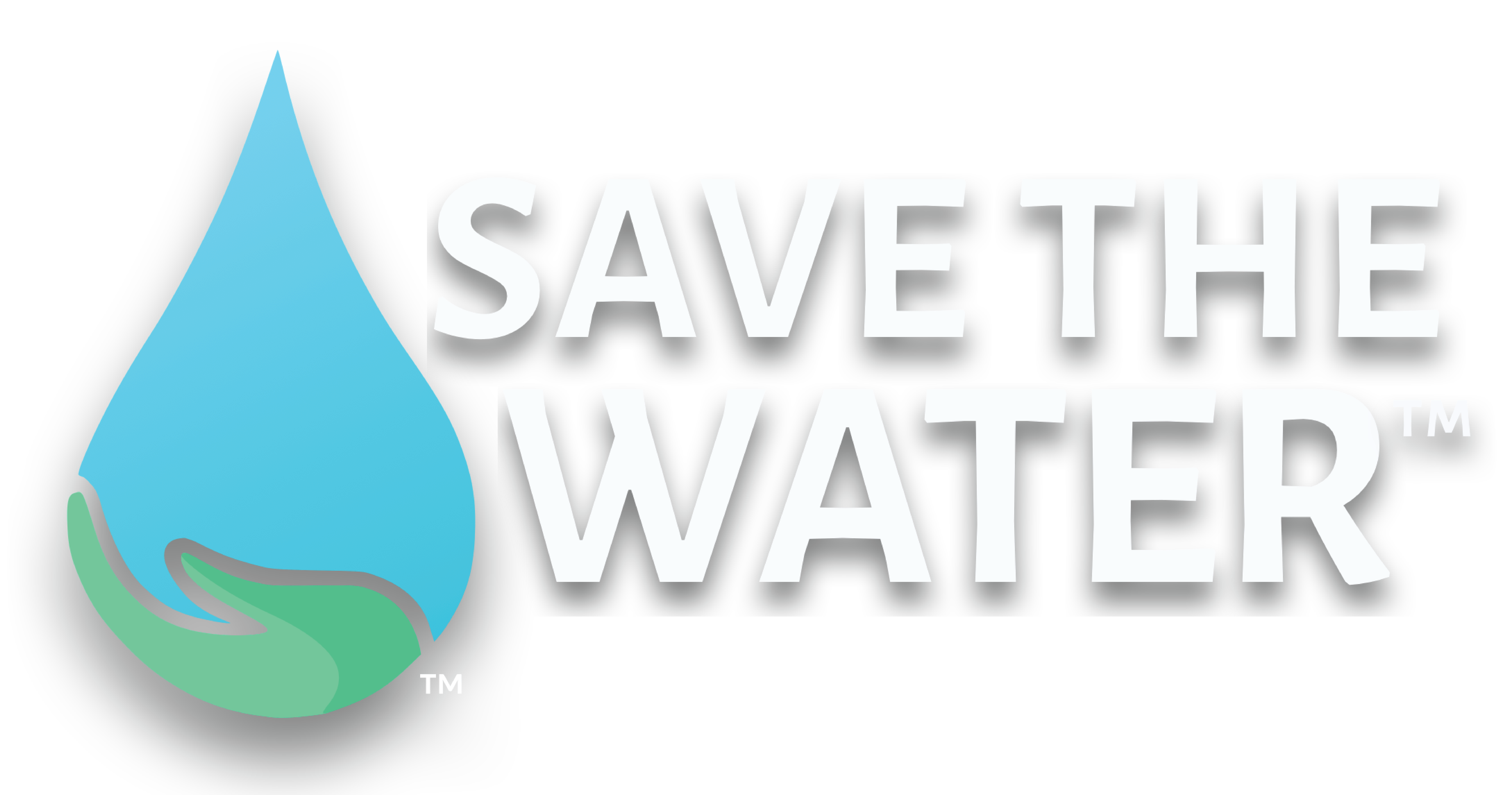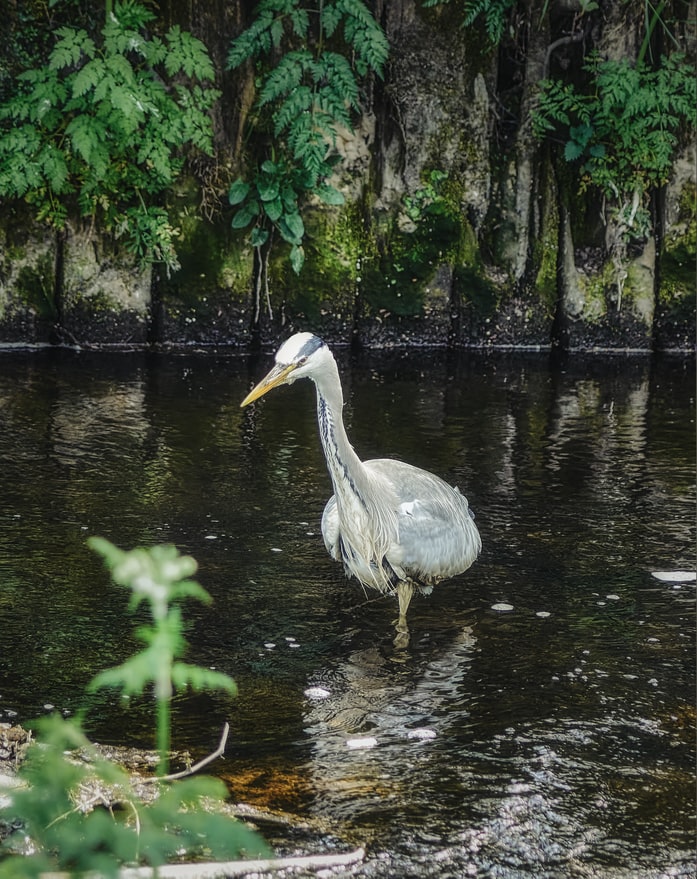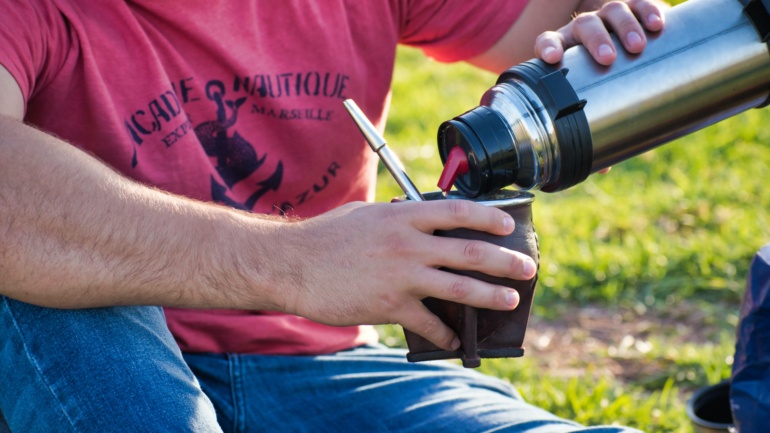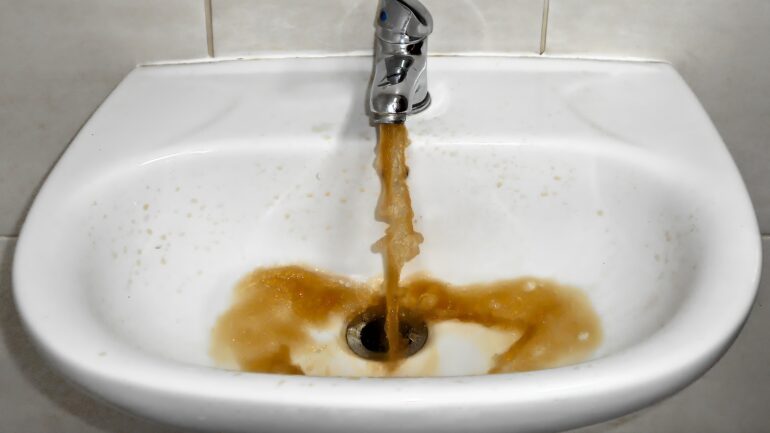By Victor Rivera-Diaz, Staff Writer & Researcher for Save The Water™ | February 26, 2020
You dont have to be a professional to get involved in water science. Basically, citizen science involves public participation in scientific research. For example, in the United States, thousands of loosely knit civic groups monitor the quality of local bodies of water. In other words, citizen scientists gather data. In turn, the data could help community leaders improve the health of local watersheds and reduce the risk of water-related crises. To harness this potential, a team of researchers took a look at the practices of 13 water groups. As a result, they now propose raising awareness and offering user-friendly technological tools.
Hidden in Plain Sight: Citizen Scientists
Although citizen science is widespread across the U.S., the public can’t always see or access the data. That is to say, their local communities often don’t notice the valuable work water groups do. Consequently, the local communities leave citizen scientist groups out of the decision-making process regarding water.
In short, a research team interested in the roles of community data, citizen science, and informal learning made these findings. The researchers published these findings in the journal Interacting With Computers. Specifically, the team assessed the practices of 13 citizen groups that did water monitoring in Centre County, Pennsylvania. This area includes the ClearWater Conservancy (CWC), Spring Creek Watershed Association (SCWA), and Water Resources Monitoring Project (WRMP).
Simple Tools, Complex Data for Citizen Scientists
Citizen scientists have many challenges. For example, tracking data in the field with basic tools presents one key challenge. Although citizen scientists can use spreadsheet software such as Excel and Google Sheets, these tools don’t provide the best way to handle large and dynamic datasets. For example, some of the indicators and techniques for data collection include surveys of insect populations, temperature, and stream velocity over a geographic area.
Moreover, citizen scientist groups gather data but a shared database doesn’t integrate the data. On top of this, public water agencies and other civic groups don’t formally support the data or databases. As a result, these shortcomings lead to questions of scientific rigor and reliability. In addition, given the scattered nature of the data, sharing mainly occurs through informal collaborations between and among citizen groups.
“Many groups have a lot of valuable data, but the data is underutilized because of cumbersome and inappropriate tools,” said John Carroll, professor of information sciences at Pennsylvania State University.
In contrast, the United States Geological Survey maintains an online database for real-time data of 1.9 million sites across all 50 States. Also, Stroud Research Center, an independent agency involved in water quality assurance, hosts an open platform for water data as part of the larger network Monitor My Watershed®. In comparison, however, citizen groups can better reach remote areas as well relieve staffing constraints.
Additionally, for the 44.5 million U.S. residents who rely on private wells, the lack of water monitoring resources and information increases the risk of poor water quality.
Water Science For All with Citizen Scientists
With the goal of empowering water groups, the research team from the Centre County study suggests three solutions. First, they suggest surveying water quality awareness at national and regional scales. In doing so, the responses would paint a clear picture of public knowledge regarding local water supplies. As a result, communities could promote community engagement.
Second, communities need to develop community-based data manuals to enlist and to train new volunteers. Finally, community leaders and agencies should invest in open-data platforms and shared resource technologies to strengthen water monitoring networks.
To be sure, the United States Environmental Protection Agency provides resources and funding for such efforts. You can find out about their citizen science handbooks and grants here.
Healthy Communities and Watersheds
In the last two decades, the rise in citizen science around the world has made positive impacts on water issues. To illustrate, the United States National Academy of Sciences found a positive link between the number of water groups and water quality. In short, more citizen scientist groups result in healthier watersheds.
Above all, as a community-nested practice, citizen science engages people across various ages and backgrounds. For example, it provides older adults, who make up the majority of water groups, with opportunities to get involved in their communities later in life.
Crucially, the presence of local water groups double as informal learning opportunities. In fact, this “enhances the potential community impact and visibility of water quality monitoring.” As a result, communities can make more informed decisions for protecting water quality.
In one example from 2009, the Jamaican Water Resource Authority sought to protect against flooding. So, they enlisted volunteers to gather river level measurements that were out of reach of automatic equipment.
You Can Get Involved Too!
Communities that engage with local water quality are advocates on the frontlines. If you would like to get involved in a local water group and protect watersheds near you, here are 4 steps you can take:
- Participate
– United States: look for a local group in the National Water Monitoring Council’s interactive map
– International: check out EarthEcho’s website for events and resources near you - Get connected via the global data sharing apps and networks provided by Wikiwatershed®
- Reach out to your community with the help of the training resources and tools at citizencience.gov
- Refer to the water facts and resources on our website
References
- Rick Bonney, et all. 2009. “Citizen Science: A Developing Tool for Expanding Science Knowledge and Scientific Literacy.” BioScience 59 (11): 977–84. https://doi.org/10.1525/bio.2009.59.11.9.
- John M. Carroll, et all. 2019. “Empowering Community Water Data Stakeholders.” Interacting with Computers 00 (0). https://doi.org/10.1093/iwcomp/iwz032
- Patrick M. Edwards, Gail Shaloum, and Daniel Bedell. 2018. “A Unique Role for Citizen Science in Ecological Restoration: A Case Study in Streams.” Restoration Ecology 26 (1): 29–35. https://doi.org/10.1111/rec.12622.
- Matt Swayne. 2020. “Citizen Scientists May Be an Untapped Resource for Water Quality Improvement.” Penn State News. https://news.psu.edu/story/607533/2020/02/10/research/citizen-scientists-may-be-untapped-resource-water-quality
- United States Geological Society. “USGS Water Data for the Nation.” National Water Information System. Accessed February 21, 2020. https://waterdata.usgs.gov/nwis?
- Kelly Addy, Linda Green, Elizabeth Herron, and Kris Stepenuck. 2002. “Why Volunteer Water Quality Monitoring Makes Sense.” https://acwi.gov/monitoring/vm/publications/articles/article_Why_Makes_Sense.pdf.
- Jacqueline M. Gibson, and Kelsey J. Pieper. 2017. “Strategies to Improve Private-Well Water Quality: A North Carolina Perspective.” Environmental Health Perspectives 125 (7): 1–9. https://doi.org/10.1289/EHP890
- Rick Bonney, et al. 2014. “Next Steps for Citizen Science: Strategic Investments and Coordination Are Needed for Citizen Science to Reach Its Full Potential.” Science 343 (6178): 1436–37. https://doi.org/10.1126/science.1251554.





